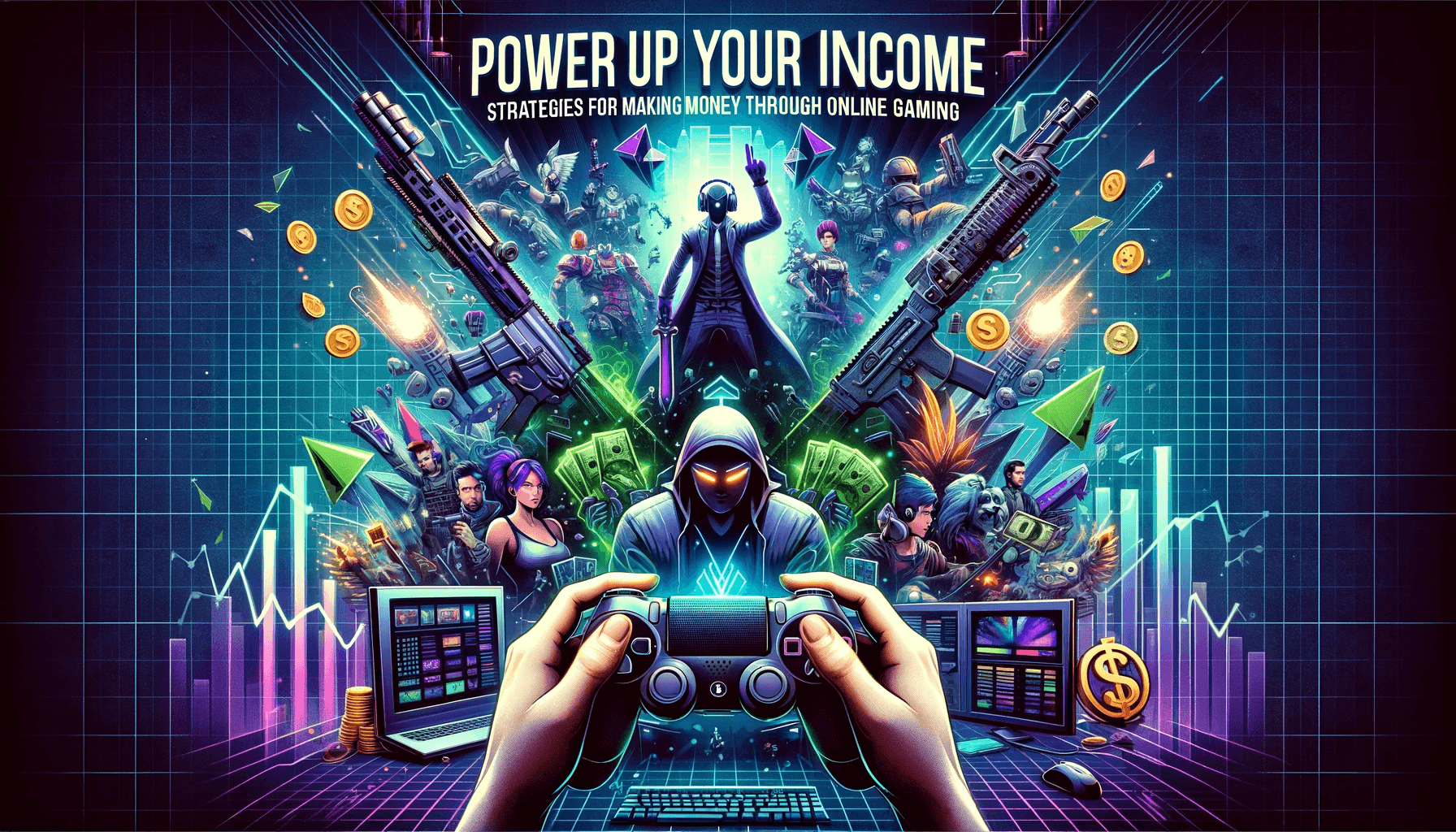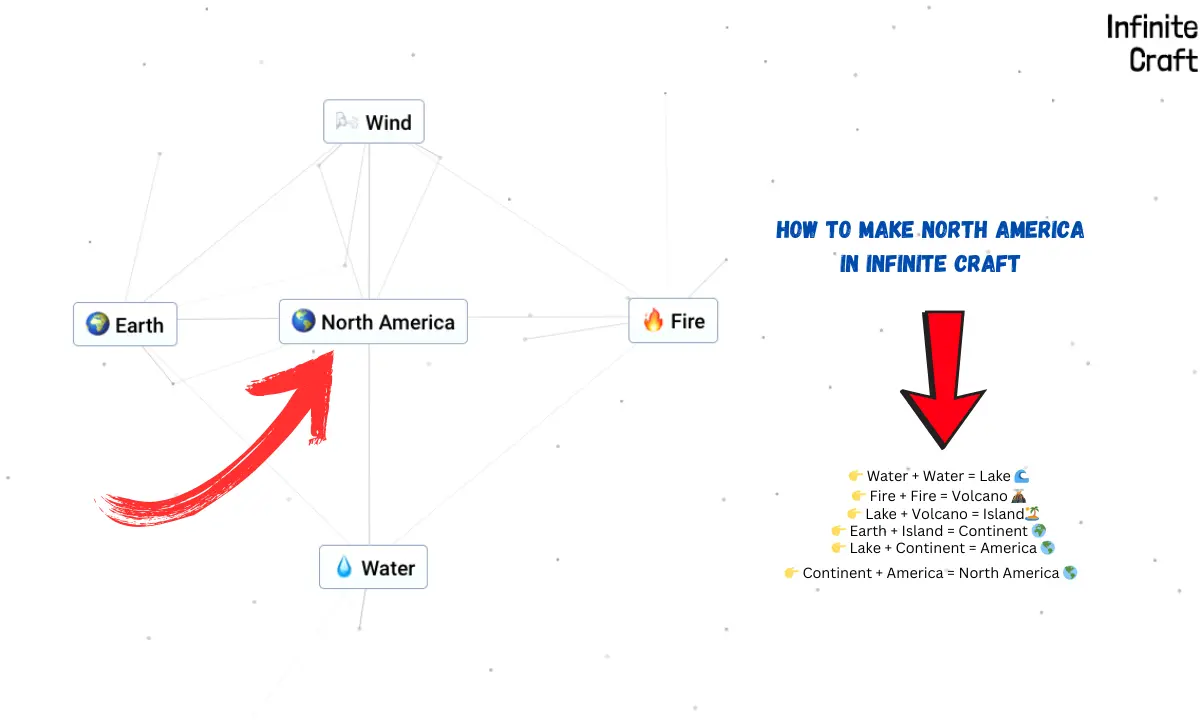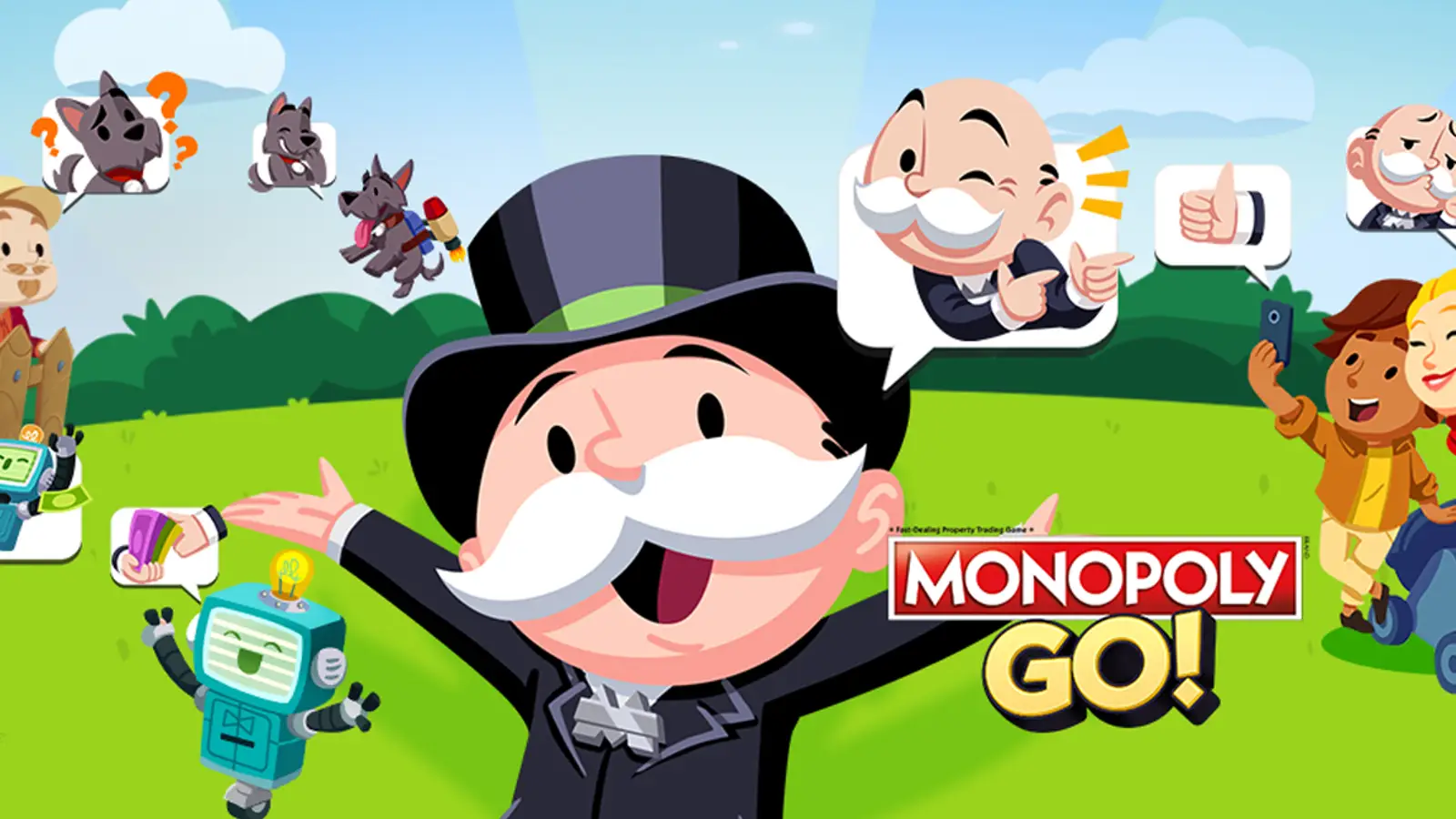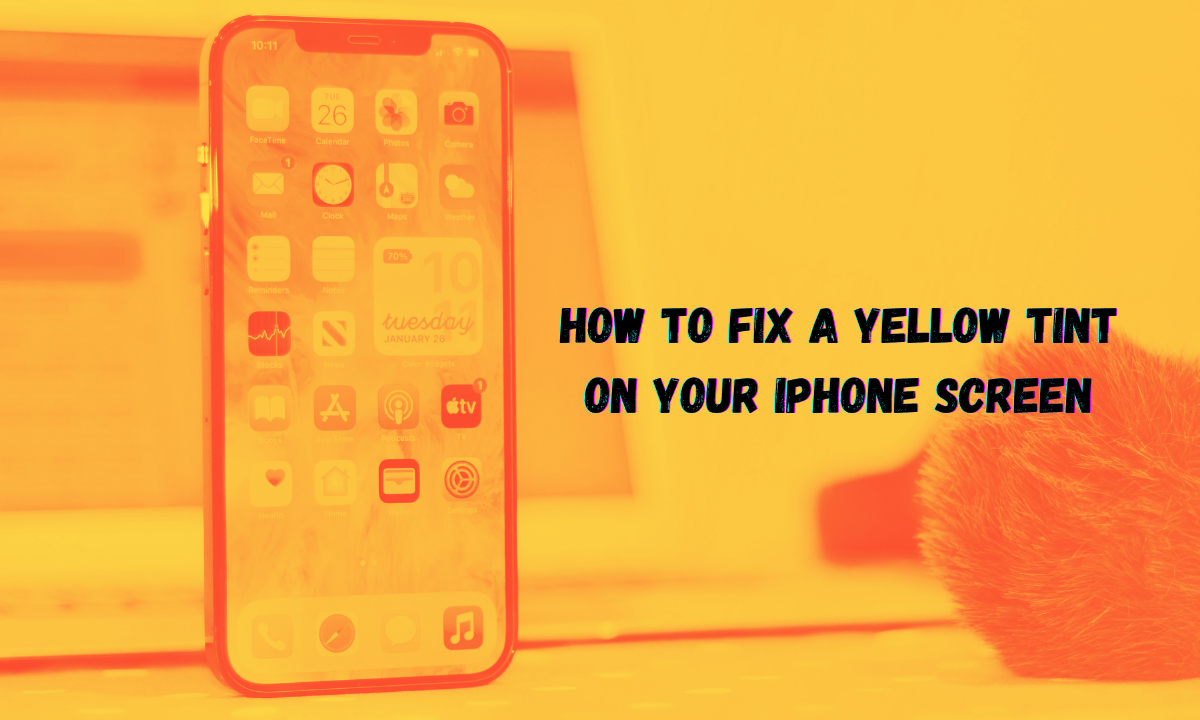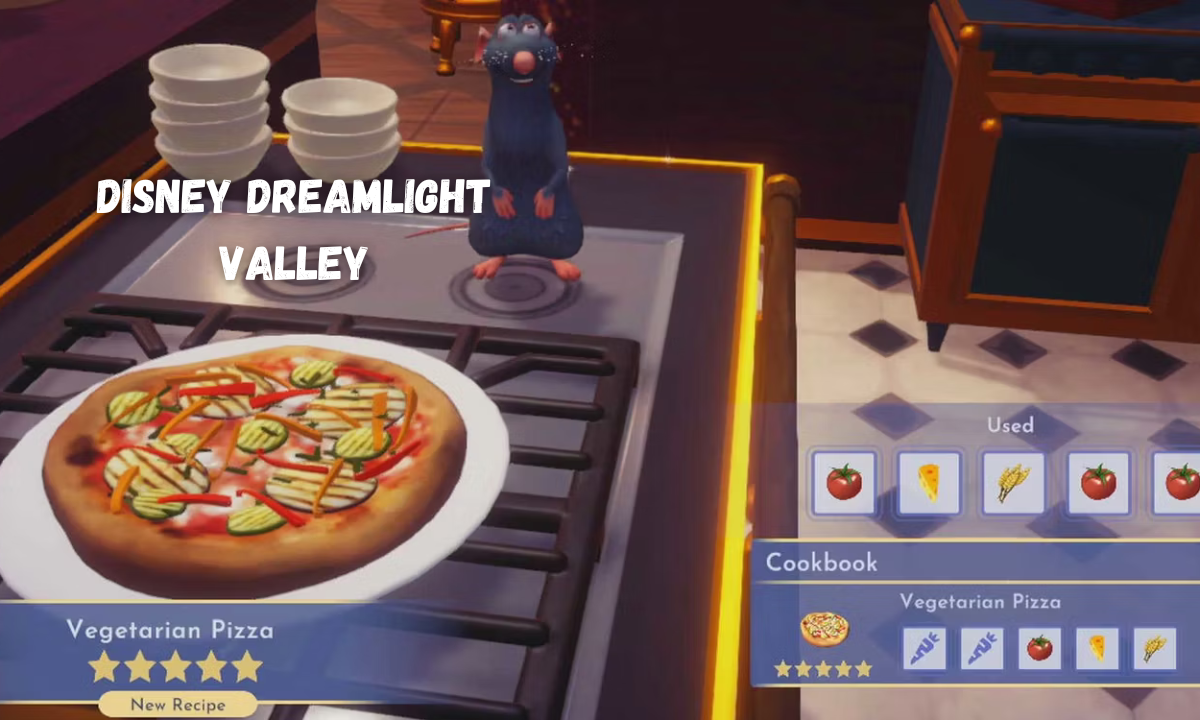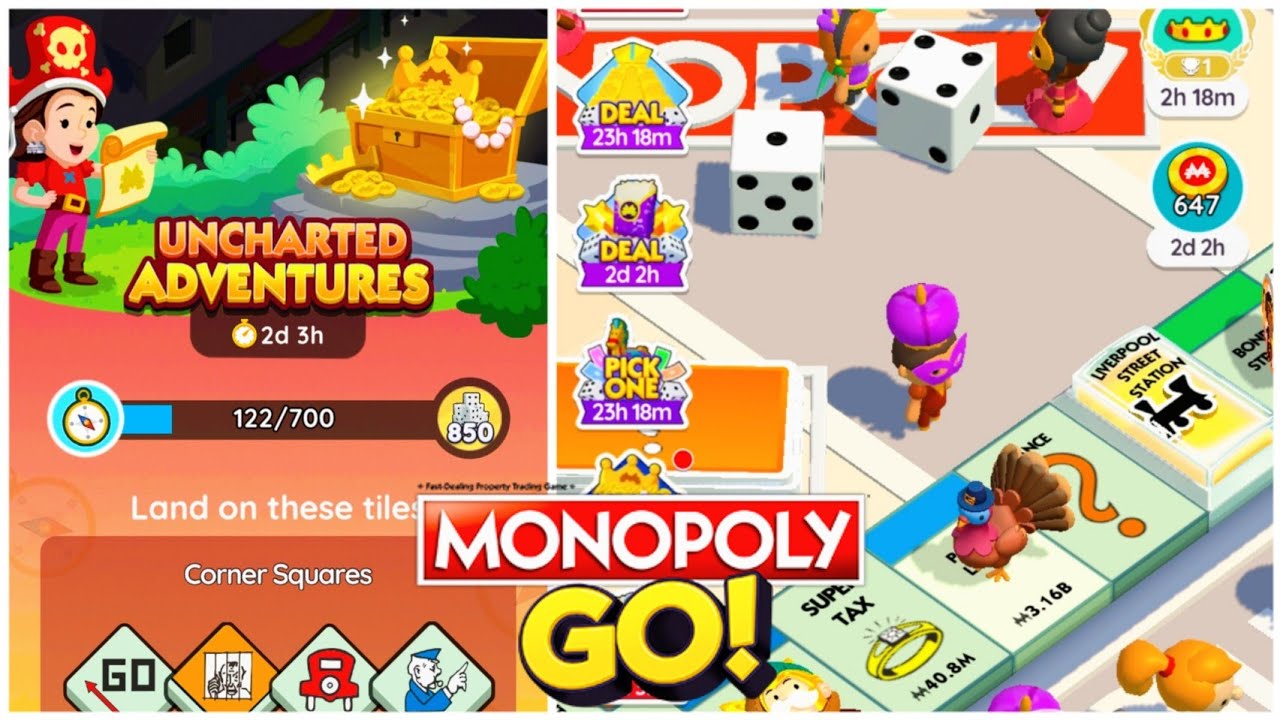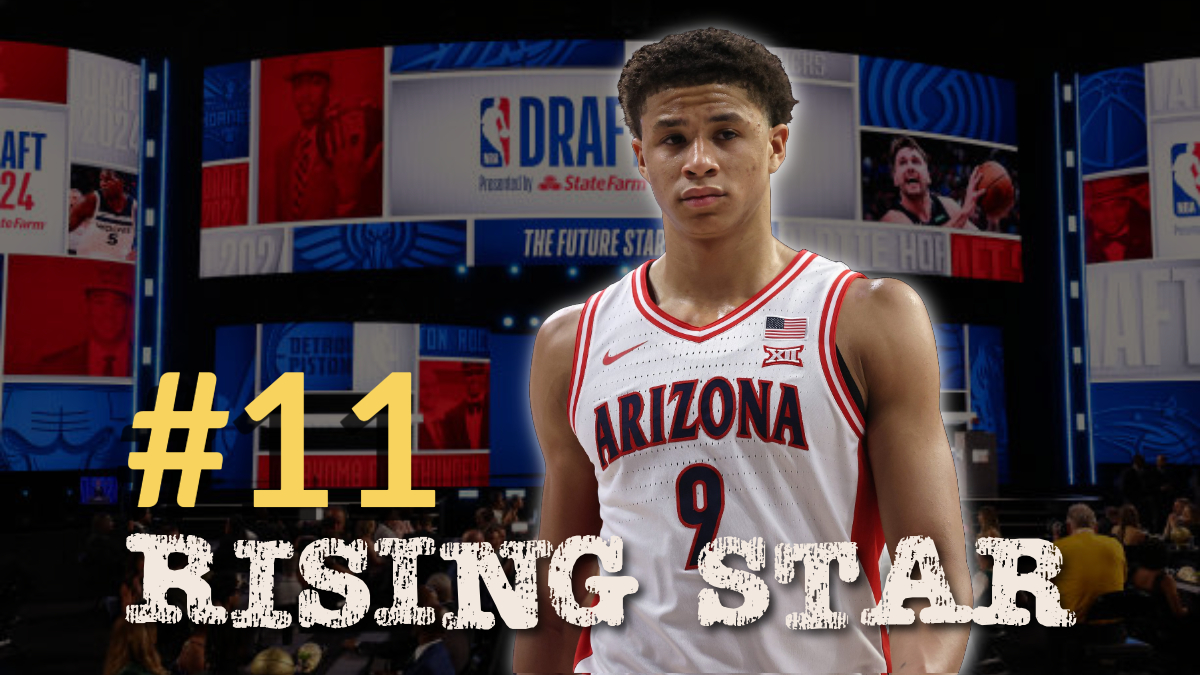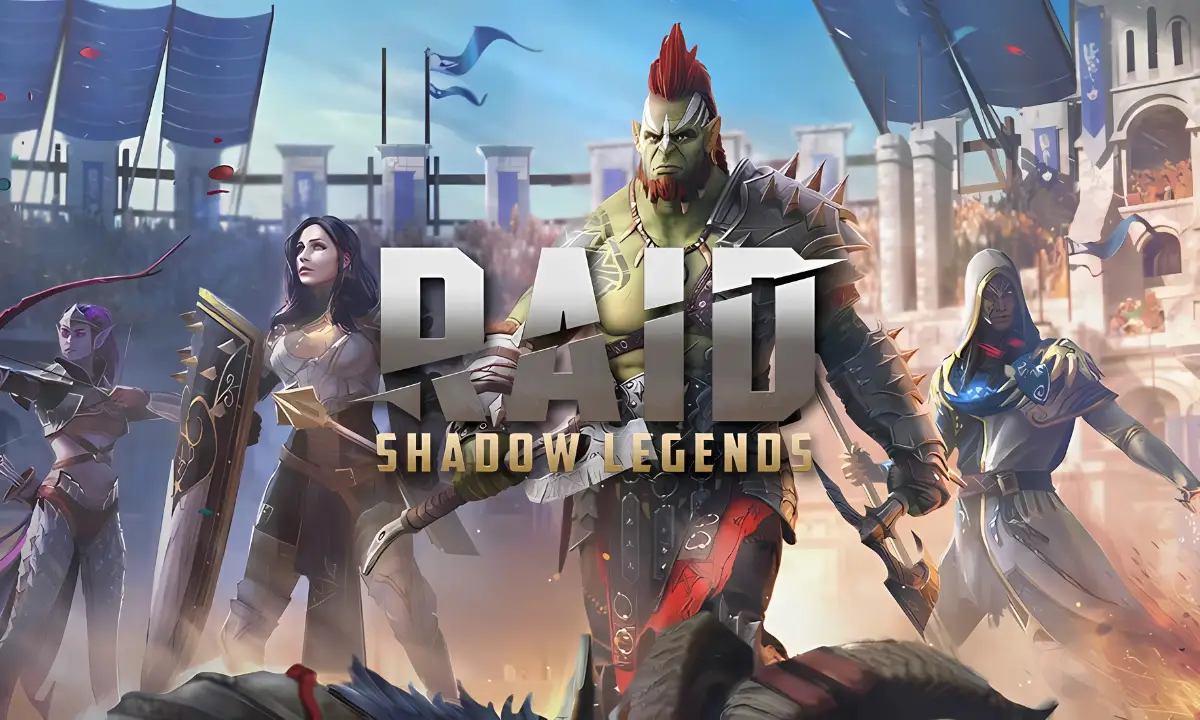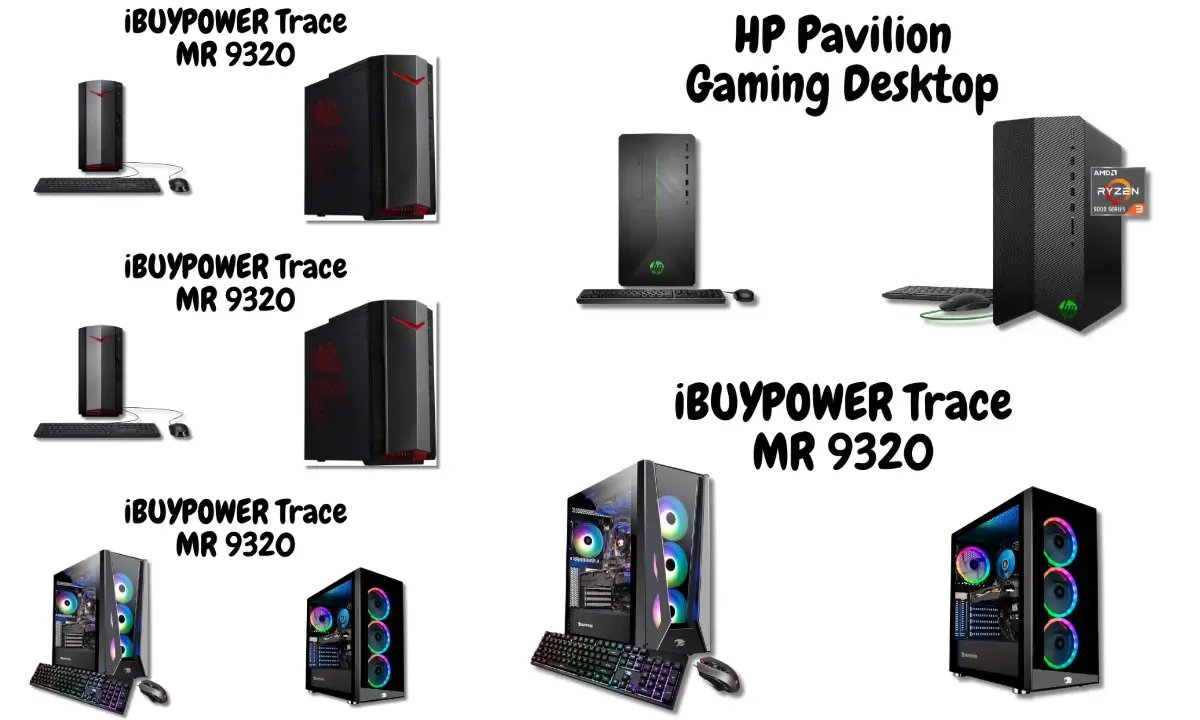In the digital age, internet gaming has changed from a fun activity to a business that makes a lot of money. This piece is meant to help gamers of all skill levels find their way around the lucrative world of online gaming. We will talk about a variety of ways to make money from your game skills, such as competing in e-sports and using live streaming sites. This guide will show you how to turn your love of games into a full-time job or a side job.
Popular Ways to Earn Money Through Online Gaming
There are a lot of ways to make money in the world of online games. There are many ways to do this, such as live streaming games on sites like Twitch and YouTube and competing in video game events. There are also big businesses that gamers run to make money, like the virtual goods market, content creation, and game testing. This part will talk about these common ways, giving you a good idea of how gamers are making money from their hobby.
- Selling Written Guides: Create and sell written guides for specific games through your website. These guides can be standalone or sold alongside videos. Fiverr
- KashKick: Use apps like KashKick to earn money by answering surveys, testing new games (up to $150 each!), and redeeming money-saving offers. Side Hustle Nation
- Play Games on Swagbucks: Earn money by playing games on platforms like Swagbucks. They offer various games where you can earn real money. Swagbucks Articles
- Become a Twitch Streamer: Start streaming your gameplay on Twitch to build an audience and earn through subscriptions, donations, and sponsorships. Save the Student
- Video Games Tutoring: Work as a tutor for video games, helping others improve their skills in games like League of Legends or Call of Duty. eBiz Facts
- Compete in Gaming Tournaments: Participate in online gaming tournaments to win cash prizes. This is a great way for skilled gamers to earn money. Save the Student
Becoming a Professional Gamer: Monetizing Your Gaming Skills
Going from being a regular gamer to a professional gamer takes hard work, skill, and planning ahead. Not only do you have to master the games, but you also have to understand how the esports business works. We’ll talk about the steps you need to take to make this change, such as training plans, making connections in the gaming community, and looking for chances to show off your skills in business settings.
Here are detailed steps and strategies for transitioning from a casual player to a professional gamer
- Choose Your Game, Platform, and Genre: Select a game that you are passionate about and that has a viable professional scene. Consider the platform (PC, console, mobile) and the genre (MOBA, FPS, RTS, etc.) that suits your skills and interests. UoPeople
- Practice Makes Perfect: Dedicate significant time to mastering the game. Focus on learning game-specific skills and strategies until they become second nature. This includes understanding game mechanics, developing strategies, and improving reaction times. Intel
- Join a Gaming Community: Engage with the gaming community related to your chosen game. This can involve joining online forums, attending gaming events, and participating in community discussions. Networking with other players can provide valuable insights and opportunities. Indeed
- Invest in Good Gaming Gear: Ensure you have the right equipment for optimal performance. This includes a reliable gaming PC or console, a high-quality monitor, a responsive mouse or controller, and a comfortable keyboard. UoPeople
- Participate in Tournaments and LAN Events: Start competing in local tournaments and LAN events. This will give you a taste of competitive gaming and help you gain experience in a high-pressure environment. RedBull
- Stream to Be Seen: Consider streaming your gameplay on platforms like Twitch or YouTube. This can help you build a following, showcase your skills, and attract the attention of sponsors and professional teams. RedBull
- Pressure Test Your Skills: Compete in online leagues and tournaments to test your skills against higher-level players. This will help you understand where you stand in the competitive landscape and what areas you need to improve. MakeUseOf
- Seek Professional Opportunities: Once you’ve established yourself as a skilled player, look for opportunities to join professional teams or participate in major esports tournaments. This can involve applying for team tryouts or leveraging your network in the gaming community. Indeed
These steps provide a roadmap for aspiring professional gamers to follow. It’s important to remember that becoming a pro gamer requires not just skill, but also dedication, strategic planning, and the ability to adapt and learn continuously.
Creating and Selling Gaming Content: Twitch Streaming, YouTube Videos, and Podcasts
One important way to make money with game skills is to make content. This part will show people how to start a gaming channel, from setting up the technical side to planning the material. We’ll talk about ways to keep an audience interested and grow it, as well as how to use sites like Twitch and YouTube to make money through ads, subscriptions, and gifts. We’ll also talk about the new trend of game podcasts and how they can be used to make money.
Here’s a detailed guide on how to get started with Twitch streaming, YouTube videos, and gaming podcasts:
Twitch Streaming
- Setting Up Your Channel:
- Create a Twitch Account: Sign up on Twitch and create your channel.
- Technical Setup: Invest in a good quality webcam and microphone for clear visuals and audio. A stable internet connection is crucial for uninterrupted streaming.
- Streaming Software: Use software like OBS Studio or Streamlabs OBS for broadcasting. These tools allow you to overlay graphics, manage scenes, and interact with viewers.
- Content Planning:
- Choose Your Niche: Focus on games you are passionate about. This could be popular games or niche ones where you can stand out.
- Regular Schedule: Set a consistent streaming schedule so viewers know when to tune in.
- Engaging with Your Audience:
- Interact Live: Respond to chat messages and engage with viewers during your stream.
- Community Building: Create a Discord server or social media groups to keep in touch with your audience outside of Twitch.
- Monetization:
- Twitch Affiliate Program: Once you meet the criteria (e.g., regular streaming, minimum number of followers), join the Affiliate Program to earn through subscriptions, ads, and bits.
- Donations and Sponsorships: Set up donation options and seek sponsorships from gaming brands.
YouTube Videos
- Channel Creation and Setup:
- Create a YouTube Channel: Use a Google account to start your channel.
- Quality Content: Invest in good recording equipment. Edit your videos to make them engaging and professional.
- Content Strategy:
- Diverse Content: Create a mix of content like gameplays, tutorials, reviews, and vlogs.
- SEO Optimization: Use relevant keywords in your titles, descriptions, and tags to improve visibility.
- Audience Engagement:
- Consistent Upload Schedule: Regular uploads help retain viewers.
- Interact with Comments: Respond to comments to build a community.
- Monetization:
- YouTube Partner Program: Once eligible, monetize through ads, channel memberships, and Super Chat.
- Affiliate Links and Merchandise: Promote affiliate products or sell your own branded merchandise.
Gaming Podcasts
- Starting a Podcast:
- Concept and Niche: Decide on the podcast’s focus, whether it’s game reviews, industry news, or deep dives into specific games.
- Recording Equipment: Get a good microphone and recording software.
- Publishing and Promotion:
- Hosting Platforms: Use platforms like Anchor, Podbean, or Apple Podcasts to publish your episodes.
- Promotion: Share your podcast on social media and gaming forums.
- Monetization:
- Sponsorships: Reach out to gaming companies for sponsorships.
- Patreon: Set up a Patreon for listener support.
General Tips for Beginners
- Start Small and Learn: Begin with basic equipment and gradually upgrade as you grow.
- Be Authentic: Stay true to your personality and interests.
- Learn from Others: Watch successful streamers and YouTubers to understand what works.
- Patience and Consistency: Building an audience takes time. Be consistent in your efforts.
Online Gaming Tournaments and Competitions: Participating and Winning Cash Prizes
Competitive gaming isn’t just for fun; it can also help you make money. This section talks about how to find and join online games, how to get better at these high-stakes settings, and how to understand how the competition works. We’ll also talk about how professional gamers handle their wins and plan their finances.
Here are some real examples of gamers earning significant income from participating in online tournaments:
- Dota 2 Tournaments: Dota 2 is known for its high prize pools in esports. As of the data, Dota 2 tournaments have awarded over $341 million in prize money to players across various tournaments. Esports Earnings
- Top-Earning Video Gamers: Forbes reported on the ten highest-paid players in 2019, with notable gamers like Ninja (Tyler Blevins) and PewDiePie (Felix Kjellberg) earning millions through various channels, including tournament winnings. Forbes
- Fortnite Tournaments: Fortnite has also been a lucrative game for esports players. The game has awarded over $177 million in prize money across 2,113 tournaments, benefiting a large number of players. Esports Earnings
- Record-Breaking Prize Money: The New York Times highlighted an esports tournament where gamers competed for a share of $11 million, the largest prize pool at that time for a gaming tournament. New York Times
- Earnings in Major Esports Titles: Professional esports players in popular games like League of Legends, Dota 2, and Fortnite can earn millions of dollars annually through tournament winnings. Quora
Making Money Through In-Game Purchases and Virtual Economies
Smart gamers can make a lot of money in the digital market of games. This part will talk about how players can make money by buying things inside games, selling virtual goods, and even making their own game content. We will talk about the morals, laws, and best ways to use these virtual currencies.
Making money through in-game purchases and virtual economies is a significant aspect of the modern gaming industry. Here’s a detailed look into how players can profit in this digital market:
- Player-Driven Economies: Games like EVE Online are prime examples of player-driven economies. Players engage in buying, selling, and trading virtual items, ships, and in-game currency, creating opportunities for profit. TechDayHQ
- In-Game Currencies: Most online games feature their own form of currency, which players can earn through gameplay or purchase with real money. Gamers can accumulate in-game currency and use it to buy virtual goods or trade with other players. Medium
- Monetizing Virtual Economies: There is potential for offering financial products like microloans for gamers who want to make in-game purchases but are short on funds. This concept is still emerging in the esports and gaming world. LinkedIn
- Virtual Currency and Rewards: Introducing a virtual currency in games allows players to feel a sense of reward and satisfaction. Players can earn this currency through gameplay or buy it with real-world money, and then use it to purchase in-game items or services. Quora
- Business Model of Virtual Goods and Currencies: The sale of virtual goods through microtransactions is a common business model in gaming. Players can buy, sell, or trade these virtual goods, creating a dynamic market within the game. UX Design Bootcamp
Ethical and Legal Considerations
- Fair Play: Ensure that your activities within virtual economies do not exploit other players or violate the game’s terms of service.
- Legal Compliance: Be aware of the laws regarding virtual goods and currencies in your country, especially concerning taxation and income declaration.
- Transparency: When trading or selling virtual items, maintain transparency to build trust within the gaming community.
Best Practices
- Understand the Market: Research the game’s economy to understand what items or currencies are in demand.
- Invest Wisely: Be cautious with investments in virtual goods, as their value can be volatile.
- Network with Other Players: Building connections with other players can open up more opportunities for trade and collaboration.
Sponsored Content and Brand Partnerships in the Gaming Industry
Brand agreements can be a big way for gamers to make money. This part will talk about how to get and keep sponsorships, why building a personal brand is important, and how to stay true to yourself while promoting goods or services. We’ll also talk about how to negotiate contracts and keep relationships going strong.
Here’s a detailed look into how gamers can attract and maintain these lucrative opportunities:
- Understanding Your Audience: The first step in securing a sponsorship is to know your audience well. Brands are interested in accessing specific demographics, so having a clear understanding of your audience’s preferences and behaviors is crucial. Nifty Communications
- Building a Strong Personal Brand: A strong personal brand is essential for attracting sponsorships. This involves consistently creating content, engaging with your audience, and establishing yourself as a notable figure in the gaming community. GLYTCH Energy
- Identifying Potential Sponsors: Look for brands that align with your values and interests. This alignment ensures that any partnership feels authentic to your audience. Magnetic Creative
- Creating a Compelling Proposal: When approaching brands, present a well-thought-out proposal that highlights how the partnership can benefit them. Emphasize the access they would get to your niche gaming audience and fans. Foodyei
- Product Integration and Cross-Promotion: Sponsorship and brand partnerships often involve product integration into your content and cross-promotion opportunities. It’s important to find creative ways to integrate products in a manner that feels natural and engaging. FasterCapital
- Negotiating Contracts: When negotiating contracts, focus on terms that are beneficial for both parties. Ensure clarity on expectations, deliverables, and compensation.
- Maintaining Authenticity: While promoting products or services, maintain your authenticity. Your audience values your genuine opinion, so it’s important to partner with brands that you truly believe in.
- Maintaining Successful Partnerships: Keep open communication with sponsors, deliver on your promises, and continuously look for ways to add value to the partnership. Regularly assess the partnership’s effectiveness and make adjustments as needed.
Building a Successful Gaming Brand: Tips for Creating a Strong Online Presence
A strong online presence is crucial for monetizing gaming activities. This part will provide tips on developing a unique gamer identity, effectively using social media, and engaging with the gaming community. We’ll also discuss the importance of consistency, quality content, and how to stand out in a crowded market.
Here are some key tips and strategies based on recent research:
- Leveraging Social Media and Online Communities: Utilize platforms like Twitter, Instagram, Twitch, and gaming forums to build your brand. Engage with your audience regularly, share content that resonates with them, and participate in community discussions. Wix
- Responsive and Mobile-Friendly Campaigns: Ensure that your social media campaigns are responsive and accessible on mobile devices. This approach helps in reaching a wider audience and makes your brand more accessible. Global Brands Magazine
- Developing Engaging Content: Create content that is not only about gaming but also includes your unique perspective or insights. This could be game reviews, tutorials, vlogs, or live streaming sessions. Wix
- Diverse Game Portfolio: If you’re developing games, offer a mix of genres to attract and retain a diverse player base. This strategy helps in building a brand that appeals to a wide range of gamers. Medium
- Effective Online Game Marketing Strategy: Develop a marketing strategy that sets your game apart from the competition. This includes identifying your target audience, choosing the right marketing channels, and creating compelling marketing messages. Brand Credential
- Creating a Memorable Brand Experience: Focus on creating a unique and enjoyable gaming experience. This can lead to positive associations with your brand and encourage word-of-mouth marketing. LinkedIn
- Consistency and Quality: Maintain a consistent presence online and ensure that all content is of high quality. Consistency in branding, messaging, and content quality helps in building trust and recognition.
- Standing Out in a Crowded Market: Find your unique selling proposition (USP) and emphasize it in your branding and marketing efforts. Whether it’s a unique game concept, exceptional community engagement, or innovative content, your USP should make your brand stand out.
Tools and Platforms for Monetizing Your Online Gaming Activities
Various tools and platforms can help gamers monetize their activities. This section will introduce essential software for streaming, content creation, and analytics. We’ll also discuss how to use marketing tools to grow your audience and increase revenue streams.
Here’s a detailed overview of some essential software for streaming, content creation, analytics, and marketing tools:
- Game Monetization Models: Understanding different monetization models is crucial. This includes in-game purchases, premium paid downloads, and in-game advertising. Each model offers unique ways to generate revenue from your gaming activities. Playwire
- Platform-Specific Monetization: Whether you’re focusing on web-based games, mobile apps, or desktop apps, it’s important to understand the monetization strategies that work best for each platform. Playwire
- Mobile Game Monetization Companies: For mobile gamers, partnering with mobile game monetization companies can be a lucrative option. These companies specialize in various monetization models tailored to mobile gaming. Business of Apps
- Navigating Game Monetization Trends: Staying updated with the latest trends and strategies in game monetization is crucial for developers and publishers. This includes identifying the best tools and platforms that align with current market trends. RocketBrush Studio
- Top Platforms for Monetizing Gaming Skills:
- Twitch: Known as the king of live streaming, Twitch offers various monetization options like subscriptions, ads, and donations.
- YouTube: A hub for gaming content, YouTube allows monetization through ads, channel memberships, and Super Chats.
- Mixer: Another platform for live streaming, offering unique features for audience engagement and monetization. Medium
Essential Tools for Gamers
- Streaming Software: OBS Studio and Streamlabs OBS are popular choices for live streaming.
- Video Editing Software: Adobe Premiere Pro and Final Cut Pro are great for editing gaming videos.
- Analytics Tools: Google Analytics and similar tools can help track your audience’s behavior and preferences.
- Social Media Management Tools: Platforms like Hootsuite and Buffer are useful for scheduling and managing social media content.
Marketing Tools
- SEO Tools: Tools like SEMrush and Ahrefs are useful for optimizing your content for search engines.
- Email Marketing Software: Platforms like Mailchimp can help in building and engaging with your email subscriber list.
Conclusion: The Future of Making Money Through Online Gaming
The online game business is always changing, which means there are new ways to make money. This conclusion will look at the current trends and guess what will happen in the industry in the future. We’ll tell gamers to stay flexible, keep learning, and take advantage of the chances this industry’s constant change presents.

